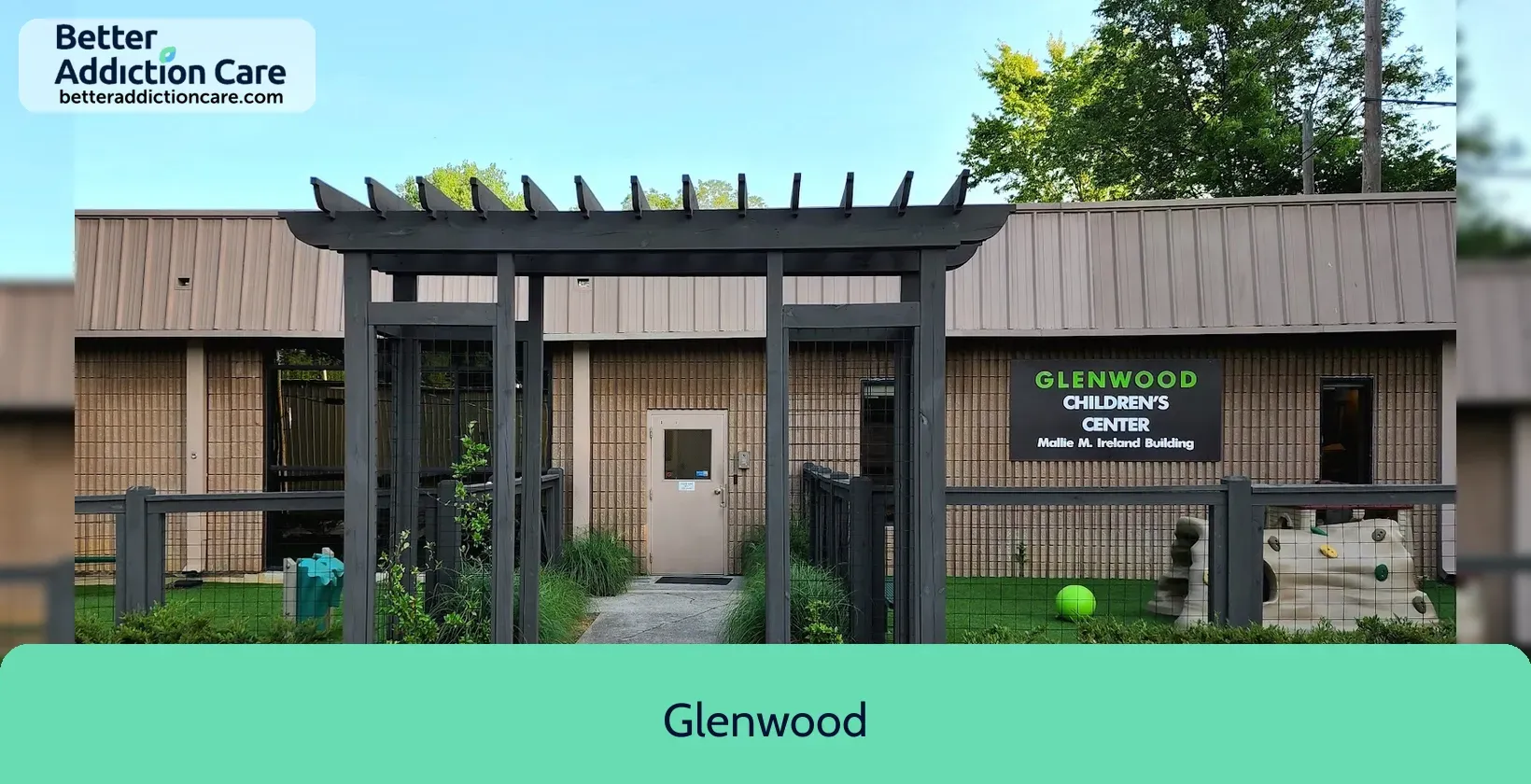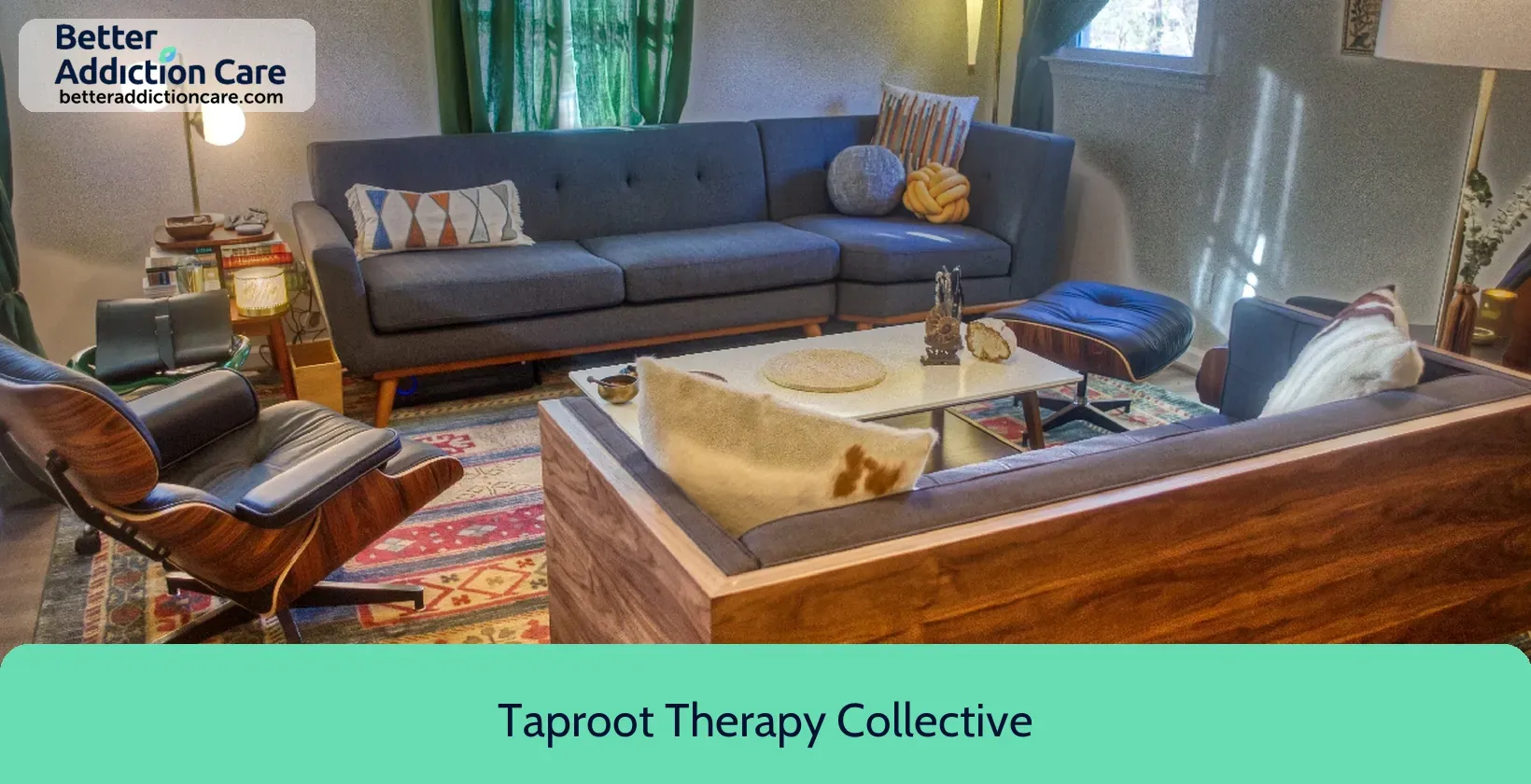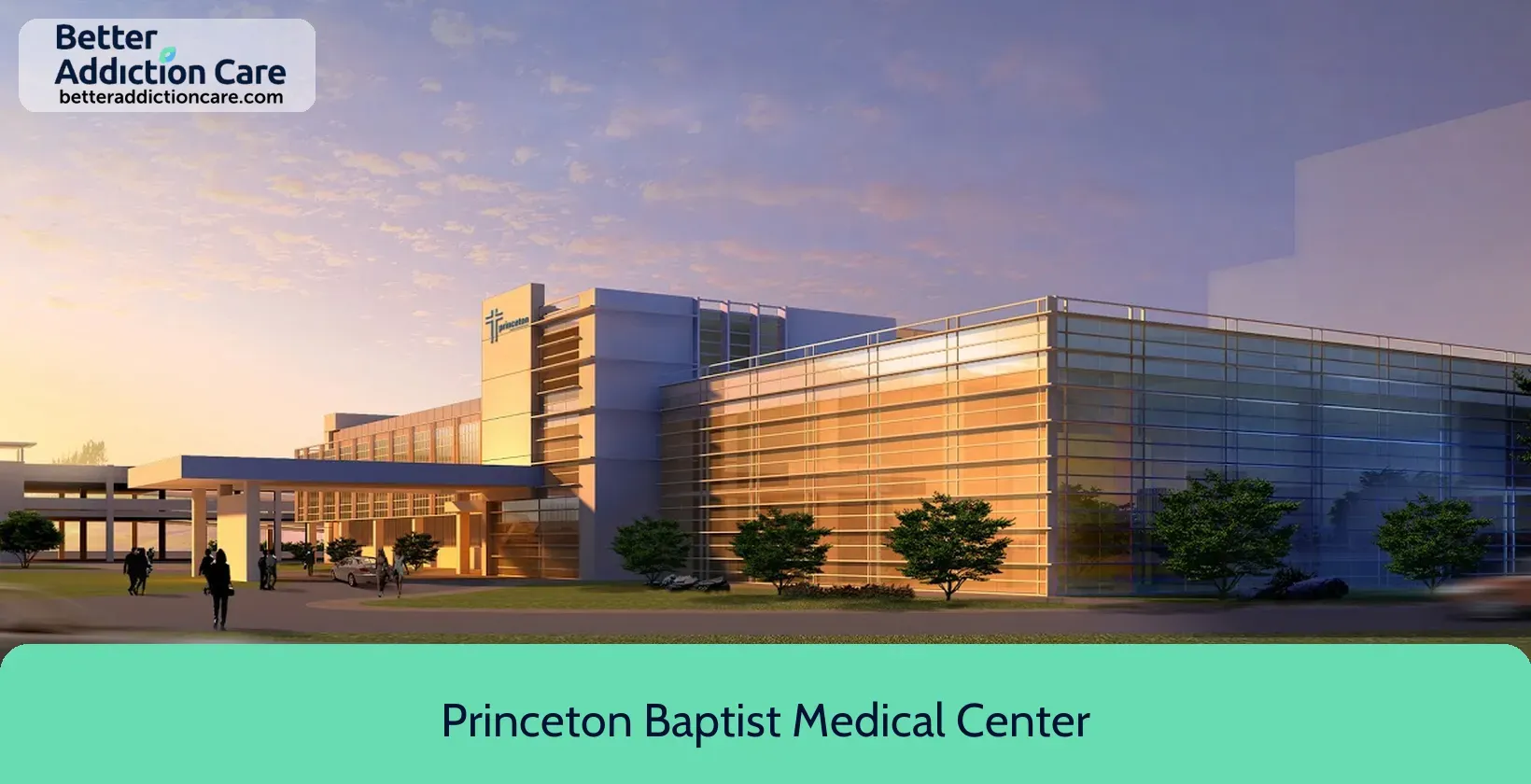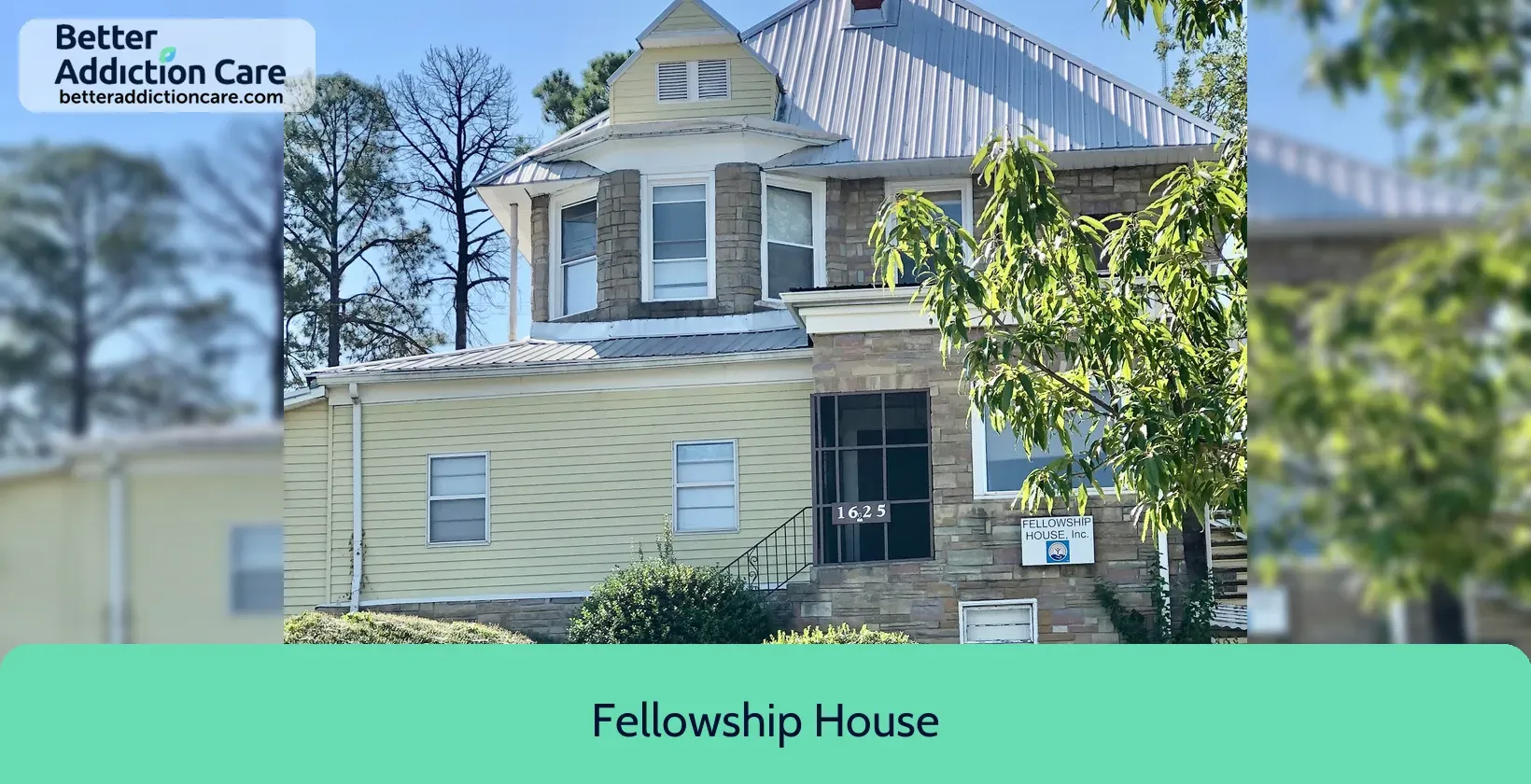Pathway Healthcare

Overview
Pathway Healthcare is an accredited substance abuse treatment center that provides inpatient and outpatient detoxification, for men and women from 18+ years of age. As part of their special programs, Pathway Healthcare treats clients who have experienced trauma. To help patients achieve sobriety, Pathway Healthcare provides intake assessments. Afterward, patients receive group counseling, trauma-related counseling, and individual psychotherapy during treatment. Pathway Healthcare is located in Birmingham, Alabama, providing treatment for people in Jefferson County, accepting cash or self-payment, medicaid, and medicare.
Pathway Healthcare at a Glance
Payment Options
- Cash or self-payment
- Medicaid
- Medicare
- State-financed health insurance plan other than Medicaid
- Private health insurance
Assessments
- Comprehensive mental health assessment
- Comprehensive substance use assessment
- Screening for tobacco use
- Outreach to persons in the community
- Screening for mental disorders
Age Groups
- Adults
- Young adults
Ancillary Services
- Case management service
- Suicide prevention services
- Domestic violence services, including family or partner
- Mental health services
- Transportation assistance
Highlights About Pathway Healthcare
7.67/10
With an overall rating of 7.67/10, this facility has following balanced range of services. Alcohol Rehabilitation: 8.02/10, Drug Rehab and Detox: 8.46/10, Insurance and Payments: 6.00/10, Treatment Options: 8.18/10.-
Drug Rehab and Detox 8.46
-
Treatment Options 8.18
-
Alcohol Rehabilitation 8.02
-
Insurance and Payments 6.00
Accreditations
LegitScript:

Only programs and services that have successfully completed a rigorous application process initiated in 2018 can attain LegitScript certification. This stringent evaluation guarantees that only reputable mental health and co-occurring substance abuse treatment providers are eligible to be part of Google's network, ensuring compliance with HIPAA privacy laws.
State department of health:

Government agencies issue State Licenses, granting rehabilitation organizations permission to operate their businesses legally within specific geographic regions. The licenses needed for legal operation are typically determined by the type of rehabilitation program offered by a facility and its physical location.
The Joint Commission:

The Joint Commission, previously known as JCAHO, is a nonprofit organization that accredits rehabilitation organizations and programs. Established in 1951, its mission is to enhance the quality of patient care and showcase excellence in healthcare delivery.
Treatment At Pathway Healthcare
Treatment Conditions
- Mental health treatment
- Alcoholism
- Opioid Addiction
- Substance use treatment
- Co-occurring Disorders
Care Levels
- Intensive outpatient treatment
- Detoxification
- Aftercare
- Outpatient
- Hospital inpatient treatment
Treatment Modalities
- Group counseling
- Trauma-related counseling
- Individual psychotherapy
- Family counseling
- Dialectical Behavior Therapy
Ancillary Services
Additional Services
- Pharmacotherapies administered during treatment
- Mentoring/peer support
- Breathalyzer or blood alcohol testing
Special Programs
- Clients who have experienced trauma
Get Help Now
Common Questions About Pathway Healthcare
Contact Information
Other Facilities in Birmingham

6.94

6.60

6.65

7.40

6.65

6.71

6.62

7.31
Browse rehab centers near Birmingham and in other cities across Alabama
DISCLAIMER: The facility name, logo and brand are the property and registered trademarks of Fellowship House, and are being used for identification and informational purposes only. Use of these names, logos and brands shall not imply endorsement. BetterAddictionCare.com is not affiliated with or sponsored by Fellowship House.
